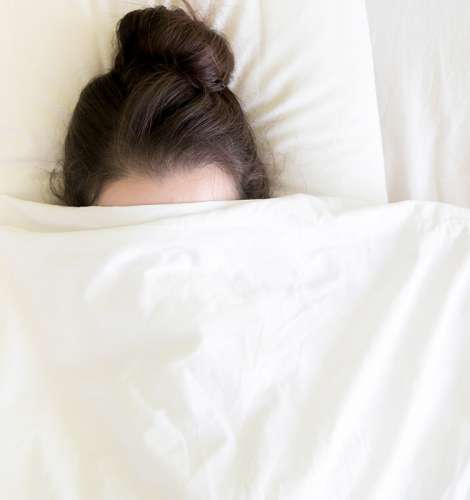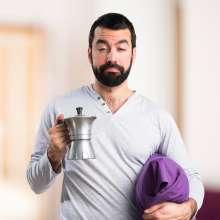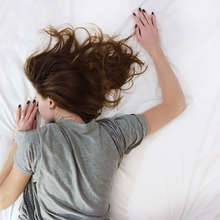According to two recent studies, pandemic stay-at-home orders and lockdowns impact the way people sleep.
They show that relaxed school and work schedules and more time spent at home have led people to sleep more on average, with less social jetlag (SJL). SJL refers to shifts in sleep timing and differences in sleep duration between workdays and free days, and it is associated with known harmful health effects.
However, sleep quality seems to have been compromised even though decreased SJL usually improves sleep quality.
Background
Social jetlag is a consequence of a mismatch between an individual’s own natural biological clock rhythm and the daily external timing determined by social schedule and activity constraints.
SJL affects the majority of the adolescent and adult population worldwide. Studies show that it correlates with a higher risk for the development of depression, adverse metabolic changes including obesity and type 2 diabetes. SJL is associated with health-impairing habits such as smoking and excessive caffeine consumption. In addition, SJL negatively impacts academic performance.
Usually, a decrease in social jetlag is associated with better sleep quality. However, one of the studies found that the pandemic has taken a toll on self-reported sleep quality.
What has changed?
The studies show that lockdown reduced the mismatch between social and biological sleep-wake timing as people began working from home more and sleeping more regular hours from day to day including weekdays.
In one study, participants also slept about 15 minutes longer each night. However, the self-reported data indicated a perception that overall sleep quality had declined.
The scientists suggest that the self-perceived burden, which substantially increased during unprecedented COVID-19 lockdown, might have outweighed the otherwise beneficial effects of a reduced social jetlag.
In the other study, scientists asked similar questions by comparing sleep prior to and during stay-at-home orders in 139 university students as they shifted to taking classes remotely.
They reported that the students’ nightly sleep duration increased by about 30 minutes during weekdays and 24 minutes on weekends. The timing of sleep also became more regular from day to day, and there was less social jetlag.
Students stayed up about 50 minutes later while staying home during weekdays and about 25 minutes later on weekends. Those who tended to sleep less before the lockdown showed the greatest increase in the amount of sleep after they stopped going to in-person classes.
After lockdown started, 92% of students got the recommended 7 hours or more of sleep per night, up from 84% before.
Take away from findings
Insufficient sleep duration, irregular and late sleep timing, and social jetlag are common in modern society. Poor sleep health behaviours contribute to and worsen major health and safety problems, including heart disease and stroke, weight gain and obesity, diabetes, mood disorders such as depression and anxiety, substance abuse, and impaired immune health, morning sleepiness, cognitive impairment, reduced work productivity, poor school performance, mental fog, risk of accident, and drowsy driving behaviors.
These studies provide evidence that poor sleep behaviors are modifiable.
A better understanding of the factors during lockdown that contributed to altered sleep behaviors may help to develop healthy sleep strategies.
Although lockdown increased self-perceived burden and had adverse effects on sleep quality, the relaxation of social schedules led to an improved alignment between social schedules dictating our sleep-wake timing and our biological rhythms. Overall, this better alignment was also associated with more sleep.
From a sleep health perspective, the increase in duration and regularity are welcome changes. For those having trouble with sleep quality, the researchers suggest increasing physical activity under the open sky.





